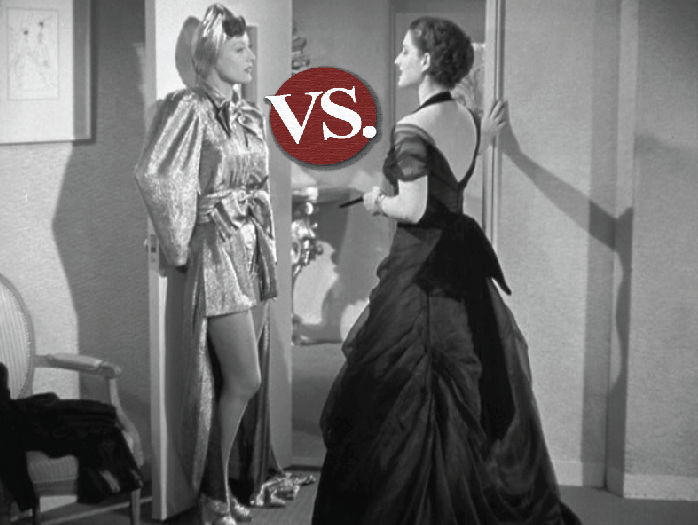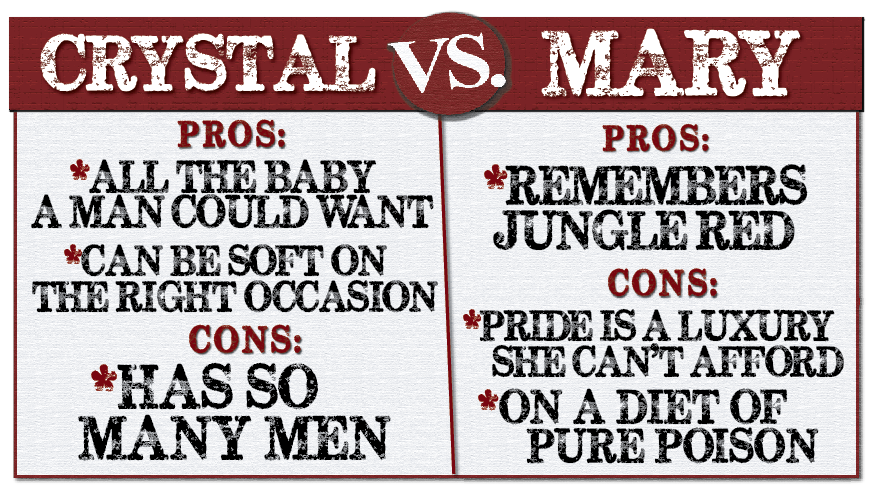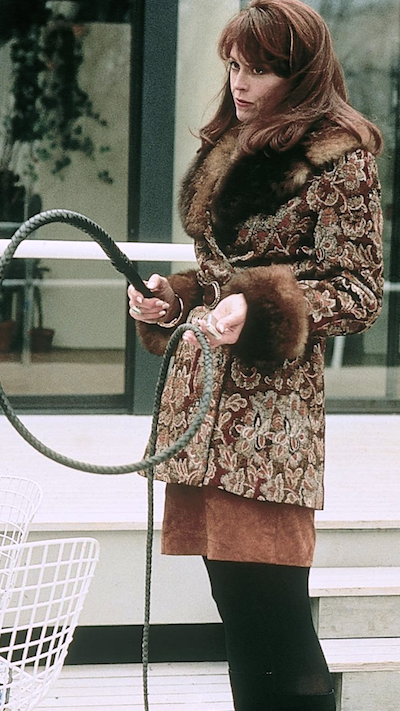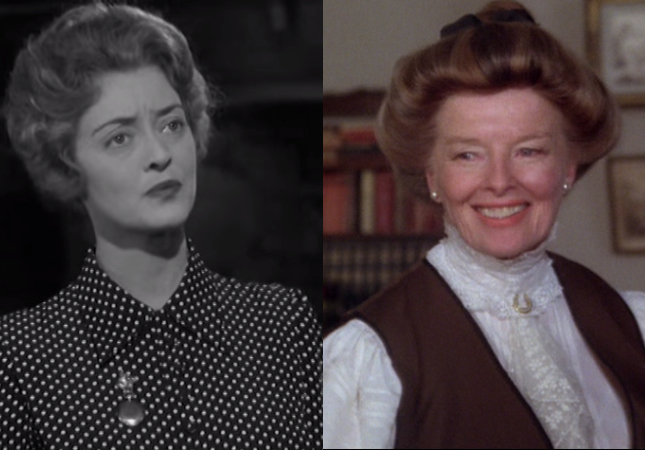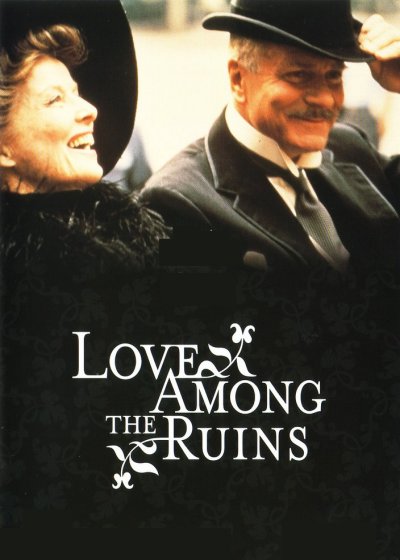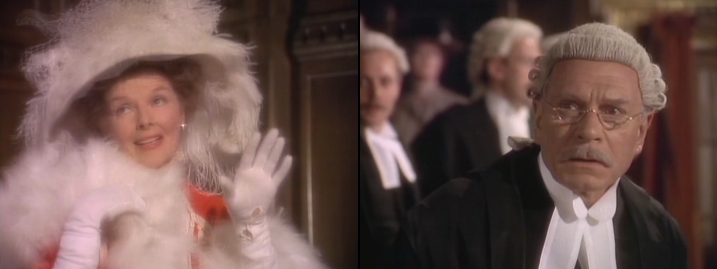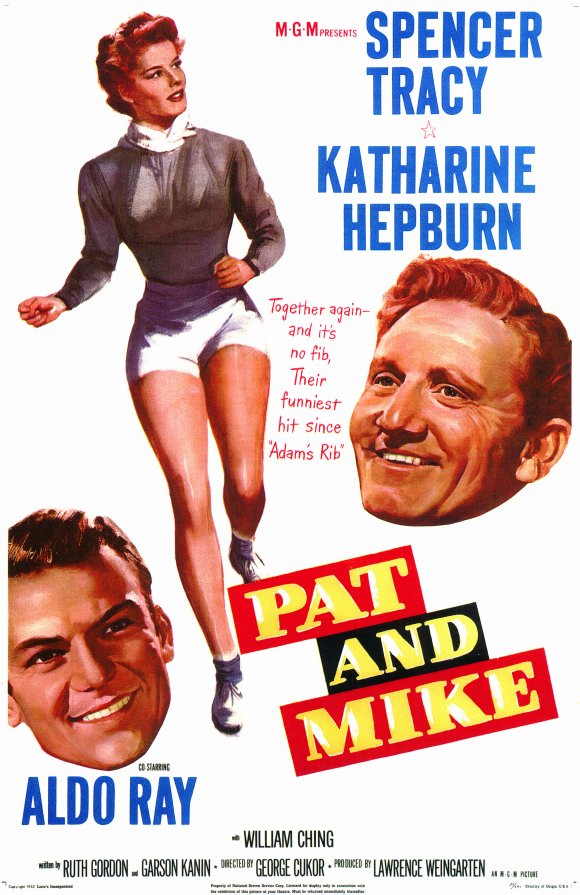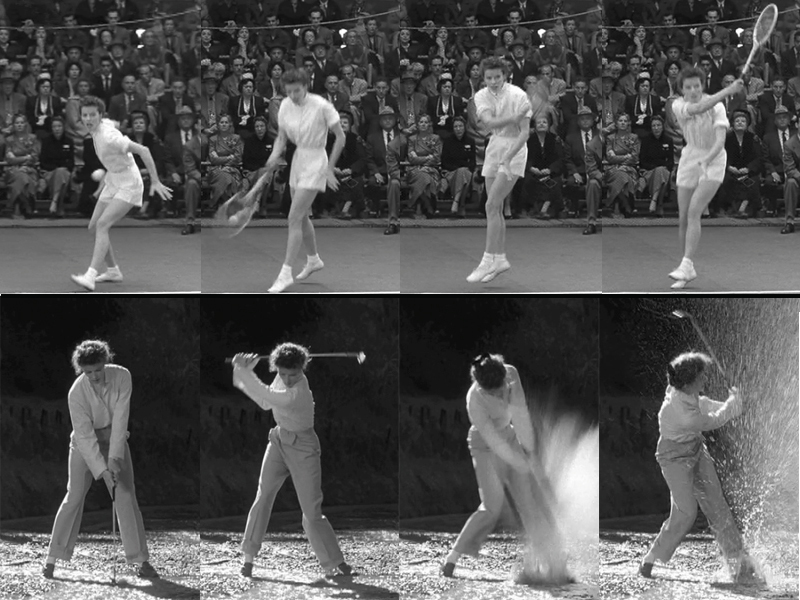Judy by the Numbers: "The Man That Got Away"
 Wednesday, July 27, 2016 at 10:17AM
Wednesday, July 27, 2016 at 10:17AM 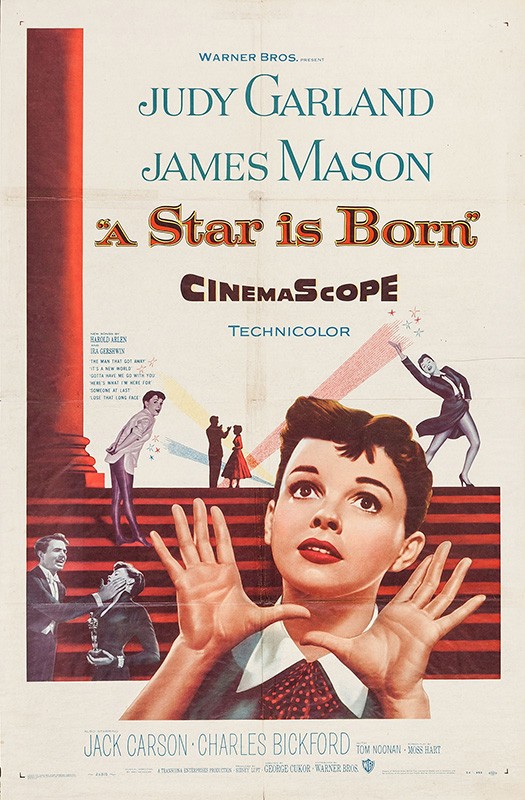 When Judy Garland and George Cukor made A Star Is Born for Warner Bros, both Judy and the industry were changing. The Paramount Case and The De Havilland ruling had weakened the paternalistic power of the studio system by forcing studios to sell their theaters and release their stars, while widescreen technology changed the shape of the movies. Similarly, Judy's previously squeaky-clean MGM image had transformed. In the early 1950s, she divorced Vincente Minnelli, married Sidney Luft, survived a suicide attempt and rehab and launched a successful concert series and an even more successful concert album. It was no coincidence that in the middle of this maelstrom Judy Garland's comeback vehicle was a remake of a 1937 Technicolor classic.
When Judy Garland and George Cukor made A Star Is Born for Warner Bros, both Judy and the industry were changing. The Paramount Case and The De Havilland ruling had weakened the paternalistic power of the studio system by forcing studios to sell their theaters and release their stars, while widescreen technology changed the shape of the movies. Similarly, Judy's previously squeaky-clean MGM image had transformed. In the early 1950s, she divorced Vincente Minnelli, married Sidney Luft, survived a suicide attempt and rehab and launched a successful concert series and an even more successful concert album. It was no coincidence that in the middle of this maelstrom Judy Garland's comeback vehicle was a remake of a 1937 Technicolor classic.
The Movie: A Star is Born (Warner Bros 1954)
The Songwriter: Harold Arlen (music), Ira Gershwin (lyrics)
The Players: Judy Garland, James Mason, Jack Carson, Charles Bickford, directed by George Cukor
I'm breaking with tradition slightly, but today I want to show you three versions of Judy's famous version of "The Man That Got Away."
In the first, the restaurant is too brightly lit with too many patrons, though the number more closely resembles the MGM Judy Garland numbers that inspired it.
In the second clip, colors and lighting are more muted, but Judy blends in to the background and the band in her brown dress.
The final version is the one used in the film - Judy stands almost alone in the spotlight, belting a mournful song and somehow rejoicing in it.
It's easy to read into the success of A Star Is Born in tapping into Judy Garland's star persona. With her private life so publically on display, the story of Judy Garland lays neatly on top of the story of Vicky Lester as a meta text: when Vicky battles Norman's alcoholism, Judy could be fighting her own demons externalized. However, these three alternate takes show how carefully this image is constructed from well-placed lights, new staging, and one incredible performance.
No matter how iconic the scene was, as a movie A Star is Born was not the comeback vehicle Judy had hoped. Warner Bros heavily edited the film for runtime, and ultimately the movie didn't make much of a profit. At the 1955 Academy Awards, Judy Garland lost the Oscar to Grace Kelly. Judy would stay away from movies for another 5 years after that, but her career was about to get much more interesting.



